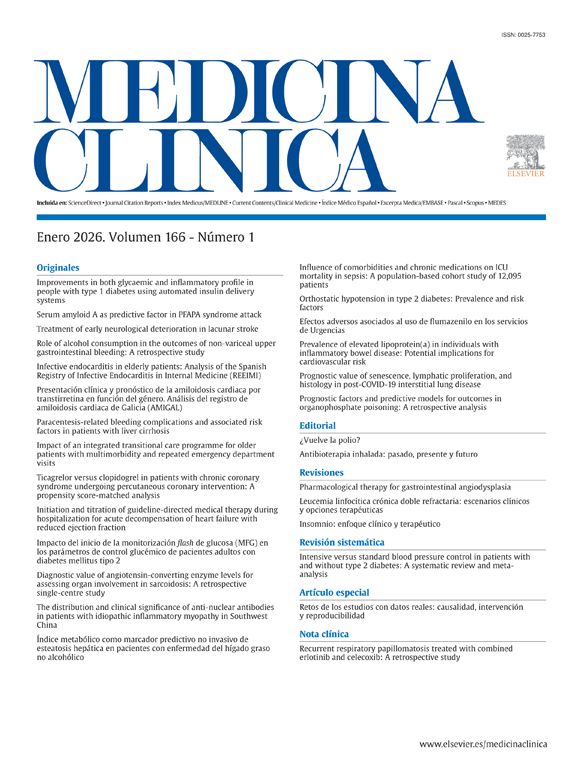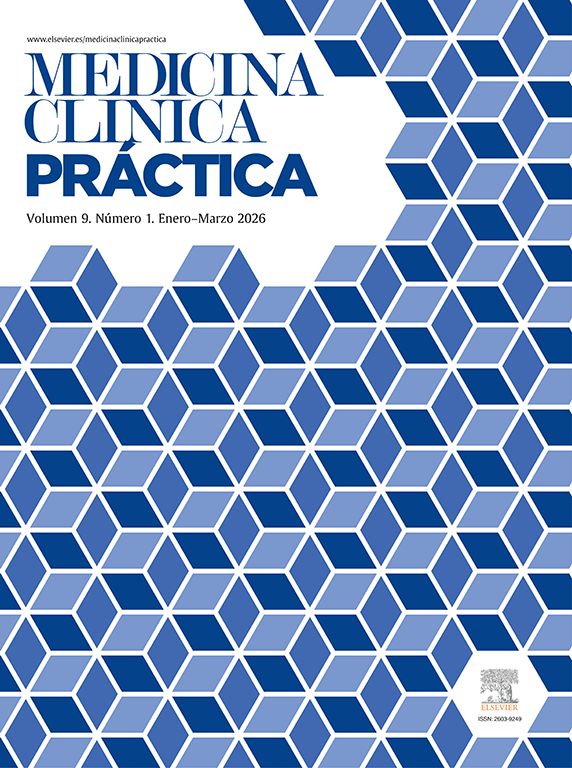We were inspired by reading the article entitled “Adverse reactions of drugs specifically used for treatment of SARS-CoV-2 infection” by Dr. Valeria Herrera-Lasso Regás and colleagues (available online 30 October 2020).1 In their article, the authors reviewed the rationale use of potential drug treatments in the SARS-CoV-2 infection and their most frequently described adverse drug reactions. At present, there is still no vaccine or effective antiviral drug treatment for COVID-19. Despite the limitations, this study highlights the importance of pharmacovigilance. However, we would like to offer two points for clarification.
First, we do agree with the authors that ivermectin can be a potential drug for the treatment of COVID-19 considering its anti-inflammatory effects. Ivermectin has been in clinical use as a broad-spectrum parasiticide for treating a range of parasitic infections in humans and animals. This drug remains the first-line treatment to target the parasite and the discoverers of ivermectin were awarded the Nobel Prize in Physiology or Medicine in 2015. Some studies reported that ivermectin may have important clinical potential at standard clinical dose for managing disorders associated with life-threatening respiratory distress and cytokine storm—such as advanced COVID-19.2 In addition to the common adverse reactions of ivermectin mentioned by the authors in the article, neurologic disorders are another serious adverse reaction for healthcare workers to be vigilant. Ivermectin is remarkably safe due to its ability to be effluxed by the ATP-binding cassette subfamily B member 1 (ABCB1) transporter in the blood-brain barrier. But in very rare cases, the loss of ABCB1 transporter in humans can lead to a failure of brain protection and induced high exposure of the central nervous system to ivermectin. Thus, a usual dose or modestly above the standard clinical dose of ivermectin may induce neurologic disorders, which can be fatal. Encephalopathy and coma are well-known side effects of ivermectin treatment in animals. But few cases of neurologic disorders after ivermectin treatment have been reported in humans.3 Neurologic disorders may include coma, ataxia, pyramidal signs, and binocular diplopia.
Second, although clinicians are familiar with the most common adverse effects associated with dexamethasone, a corticosteroid, they may be less familiar with a potentially severe, less common complication: Strongyloides hyperinfection or dissemination syndrome (hyperinfection).4 This frequently fatal iatrogenic complication is usually associated with the use of an immunosuppressive drug in persons with unrecognized chronic infection. The most common precipitator is the use of a corticosteroid agent, which appears to be independent of dose or duration of treatment.5
Thus, the seriousness of the adverse reaction in humans implies that caution is warranted regarding medical prescriptions of ivermectin, dexamethasone, and the other potential drugs for the treatment of COVID-19. When an adverse drug reaction occurs, regardless of seriousness, an effective and timely response is an urgent priority for the safety of patients.
Conflict of interestWe declare no competing interests.
FundingNone.







